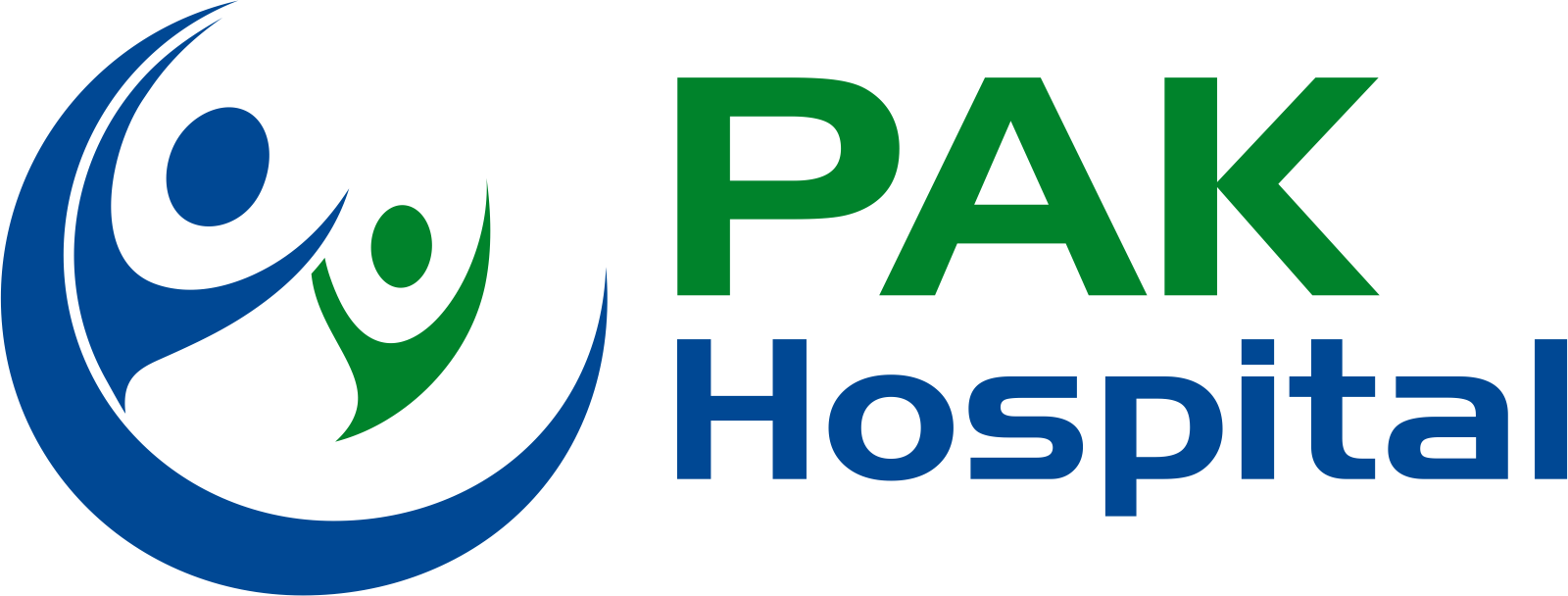A Certified Nursing Assistant (CNA) program is designed to prepare individuals to provide basic care to patients in healthcare settings under the supervision of licensed nurses. CNAs play a crucial role in assisting patients with activities of daily living and ensuring their comfort and safety.
Nursing Assistant Program:
- Core Subjects:
- Basic Nursing Skills: Learning to assist with activities such as bathing, dressing, feeding, and toileting.
- Vital Signs Monitoring: Training in measuring and recording vital signs like blood pressure, pulse, temperature, and respiration rate.
- Infection Control: Understanding protocols to prevent the spread of infections in healthcare settings.
- Communication Skills: Learning effective communication techniques for interacting with patients, families, and other healthcare professionals.
- Ethics and Professionalism: Understanding ethical principles and maintaining professional boundaries in patient care.
- Clinical Training:
- Hands-on Experience: Practical training in healthcare facilities, where students apply their classroom learning under the supervision of experienced CNAs or nurses.
- Patient Interaction: Opportunities to work directly with patients, providing care, observing their condition, and reporting any changes to the nursing staff.
- Certification Preparation:
- Exam Preparation: Training to prepare for the state certification exam, which typically includes written and skills demonstration components.
- Practice Sessions: Opportunities to practice essential skills and procedures to ensure readiness for the certification exam.
- Professional Development:
- Continuing Education: Understanding the importance of ongoing learning and professional development to maintain certification and stay updated on best practices in patient care.
- Career Advancement: Exploring opportunities for career growth within the healthcare field, such as pursuing further education to become a licensed practical nurse (LPN) or registered nurse (RN).
Benefits of a Certified Nursing Assistant Program:
- Entry into Healthcare Field: CNAs provide a valuable entry point into the healthcare profession and serve as an essential part of the healthcare team.
- Job Opportunities: Demand for CNAs remains high in various healthcare settings, including hospitals, nursing homes, assisted living facilities, and home healthcare agencies.
- Job Satisfaction: Making a positive difference in the lives of patients by providing compassionate care and support.
Program Duration and Prerequisites:
- Duration: CNA programs can vary in length but typically range from 4 to 12 weeks, depending on whether they are full-time or part-time.
- Prerequisites: Generally, a high school diploma or equivalent is required, along with a clean criminal background check and sometimes specific immunizations or health screenings.

